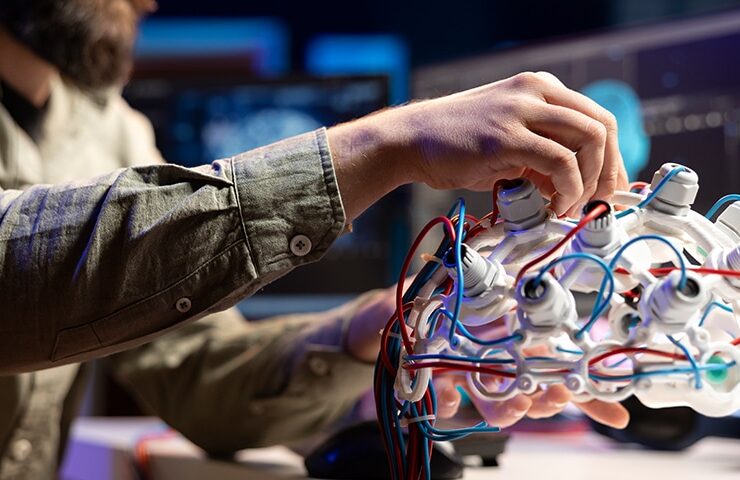It’s funny, no? You smile at someone, offer help, speak gently… and instead of smiling back, they look away. Or their body becomes stiff, like they don’t trust you. Many people take it personally. But often, it’s not about you at all.
In many parts of the world, trust is not something people grow up with. When a person’s life has been full of violence, cheating, corruption, or just everyday struggle to survive, they learn one thing – don’t trust too quickly. For them, kindness is not comfort. It feels new. And anything new… can feel dangerous.
When Fear Is Everyday Life
We like to think trauma happens only to a few people. Truth is, in some countries it’s more common than safety itself. Look at these numbers – and behind every number there’s a human face:
In Afghanistan, almost everyone – 85% – has seen or faced traumatic events.
In South Africa, nearly half the adults still carry stress and fear from apartheid days and present violence.
In India, one out of three women has gone through domestic abuse, with very little safe support.
In Palestine, more than 70% of teenagers show signs of trauma because they grow up with conflict all around.
In places with war or political unrest, 1 in 5 people lives with trauma-related mental health struggles.
When you grow up like this, your nervous system learns to be alert all the time. Safety becomes a stranger.
What Happens Inside the Body
When life teaches you to survive, your brain changes. The part that senses danger – the amygdala – is always ready. The thinking part, the calm decision-making brain, often switches off during stress. The body floods with stress chemicals like cortisol and adrenaline.
So, even if you are offering love or help, their body may read it like a trick. Somewhere deep inside, they remember past betrayals, even if their mind wants to trust you.
Trauma Doesn’t Leave – It Lives in the Body
It’s not only about feelings. Trauma sits inside the body – in the immune system, in the brain pathways, sometimes even in our genes. Scientists call it “biological embedding” – basically, your body changes to match a life lived in danger.
And yes, it can pass on. A grandmother who ran from war may give her grandchildren certain stress markers. The fear becomes a family guest, passed from one generation to the next.
Culture Also Shapes This
In some societies, showing emotions is called weakness. Asking for help is shameful. From childhood, people are told – keep feelings inside, stay strong. In such a place, if someone suddenly comes with kindness, it may not feel nice. It may actually make them uneasy. Because their system is wired for defence, not openness.
How to Give Kindness to Someone Who Fears It
You don’t push. You go slow. You stay steady. You give without expecting anything back.
Few ways that help:
Keep kindness simple and regular – no big show, just be there.
Ask first – “Shall I help you with this?” instead of assuming.
Let them set the speed – if they’re not ready, it’s okay.
Don’t expect a thank you or big reaction – sometimes silence is their first step towards trust.
What feels small to you might feel huge to them.
Kindness Takes Patience
It’s nice to say “just be kind,” but in a world where people survive by being suspicious, kindness has to be deeper than a smile.
If someone turns away from you, it doesn’t mean your effort was useless. Maybe it’s the first time they’re seeing love with no strings attached – and that’s scary for them.
So, you keep showing up. Not to fix them, not to heal them… just to be safe company.
And Yes – It’s Tiring Sometimes
Let’s be honest, being a steady, patient, kind person when the other person may not even accept it – it’s hard. Especially when you have your own stress.
It’s fine to feel tired. It’s fine to step back. Having boundaries doesn’t make your kindness less – it keeps it alive longer.
Sometimes, your biggest gift is giving someone a few minutes of peace in their storm. Sometimes, simply not hurting them more is also kindness. And that counts.
For Millions, Fear Is Normal Air
For many people, trauma is not a memory – it’s the daily atmosphere they breathe. If your kindness doesn’t land how you hoped, remember – it still matters.
Because when safety has been missing all life, your steady presence might be their first real taste of it. And that can quietly change everything.






 Sonia Jha
Sonia Jha